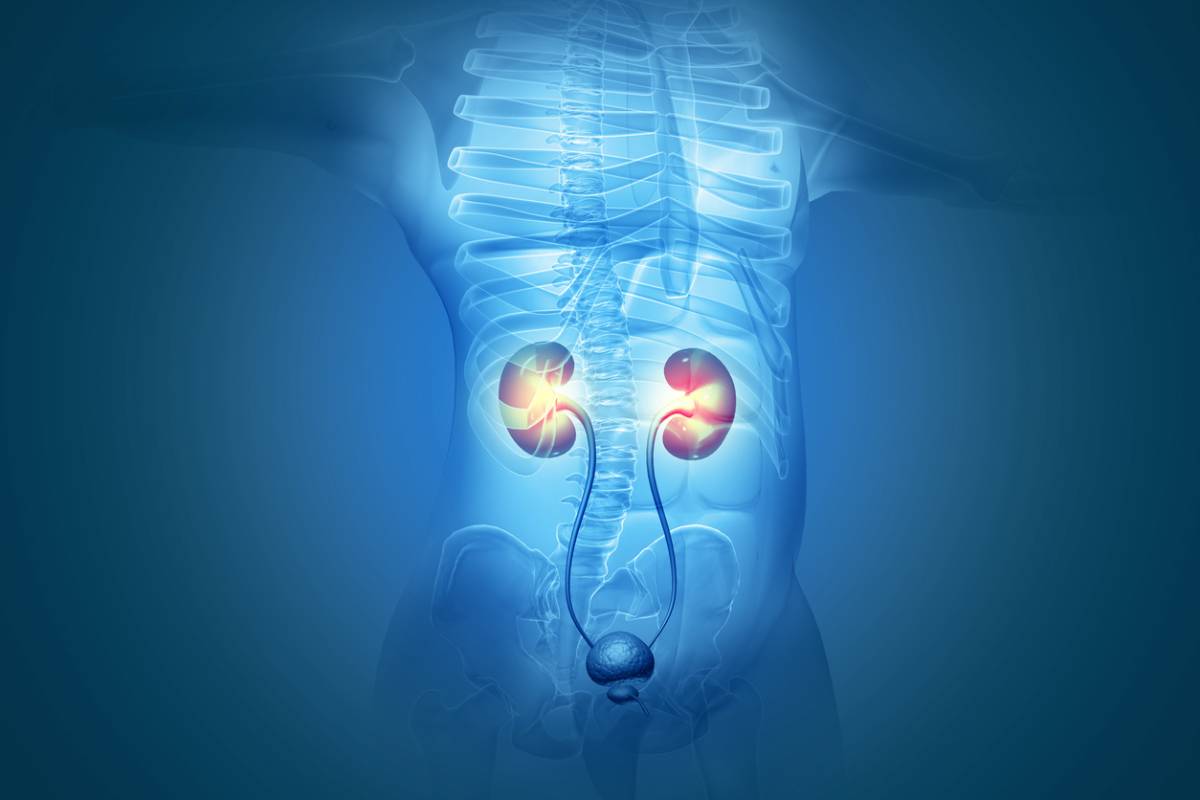The importance of your kidneys can never be overemphasized. They do not only remove the waste, toxins, and excess water from your body, but they also balance your body’s fluids, release hormones responsible for the regulation of your blood pressure, produce vitamin D to help keep your bones healthy, control the production of red blood cells and regulate your body’s salt, potassium, and acid content. This is why keeping your kidneys healthy is of prime importance to your overall health and well-being.
Unfortunately, just like any other organ, the kidneys can also be damaged, and one of the conditions that kidneys can have is proteinuria. This is a condition where there is an abnormal amount of protein in the urine. The problem is that the symptoms of proteinuria often go unnoticed or are mistaken as symptoms of other health issues. This, however, should not deter you from being able to seek timely medical attention from a nephrologist in Beverly Hills. Recognizing the symptoms of this condition will allow you to address it on time and possibly prevent the progression of the damage to your kidneys.
Symptoms of Proteinuria
Foamy or Frothy Urine
This is not only one of the earliest symptoms of proteinuria, it is also one of the most noticeable. The reason the urine is frothy or foamy is that high amounts of protein can cause urine to foam. However, you will have to observe your urine closely. On occasions urine can be foamy due to other factors that have nothing to do with proteinuria. It is the persistent and constant foaminess that you should seek medical attention for.
Swelling
Proteins help maintain fluid balance. When proteins leave your body, this destroys the balance of fluids in your body and leads to swelling or edema. The swelling can manifest on your hands, feet, ankles and other parts of the body.
Shortness of Breath
In severe cases of proteinuria, the fluids can accumulate in the lungs which causes shortness of breath. If you experience shortness of breath and suspect that it is because of proteinuria, consult your doctor immediately as this may be a sign of advanced kidney disease and may lead to heart failure.
Fatigue
When kidneys are not functioning properly, the body will not be able to get rid of the waste products from the blood. The accumulation of waste products can lead you to feel tired and weak. In addition, the loss of important proteins from your body can also impact the body’s energy levels and contribute to fatigue.
Nausea
Proteinuria can also give patients the feeling of being nauseated or cause them to vomit. When you have had the feeling of nausea, fatigue, or swelling for more than a few days, consult your doctor at once so you can have the necessary treatment as early as possible.
Frequent Urination
When the kidneys have been damaged, there may be a need to urinate more frequently. However, frequent urination can also be a symptom of other problems. The best way to know if you have proteinuria is to seek help from a specialist who can make the proper diagnosis based on tests and a thorough assessment of your symptoms.
Muscle Cramps
The electrolyte imbalance that is causing your muscle cramps may be the result of poor kidney function. If you are experiencing muscle cramps, consider the other symptoms and see which other symptoms your body is manifesting. Consult a specialist to be certain.
Causes of Proteinuria
Recognizing the symptoms of proteinuria is just as important as understanding its causes.
- Dehydration
- High blood pressure
- Diabetes
- Glomerulonephritis
- Autoimmune diseases
- Preeclampsia
- Cancer
- Other kidney diseases
Proteinuria Treatment
Remember that timely and proper diagnosis is important for treatments to be effective. Seeking proteinuria treatment from a licensed specialist is the best thing one can do for themselves if they have noticed some of the symptoms listed here.
If a patient is diagnosed to have consistent proteinuria, doctors will treat the underlying cause.
The treatment may include:
- Weight management
- Changes in diet
- Lifestyle change
- Diabetes medications
- Dialysis
- Blood pressure management
Patients with temporary or mild proteinuria usually do not need treatment.
Seek Help from a Healthcare Specialist
Kidney health is something that should never be overlooked, as it is a crucial part of your overall health. Recognizing the symptoms of proteinuria will empower you to make timely decisions that could make a lot of difference. Make it a habit to seek the help of healthcare specialists as soon as you notice symptoms that may indicate changes in your health. The symptoms listed above are warning signs that you need to be evaluated by a licensed specialist. Early diagnosis will result in more effective treatments and a more positive prognosis. So, if you have noticed these symptoms for a number of days, schedule a consultation with a healthcare specialist at once.

